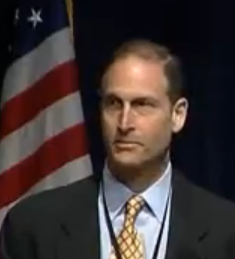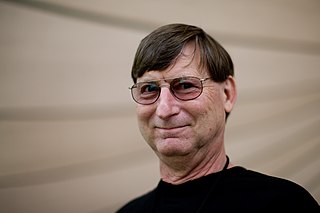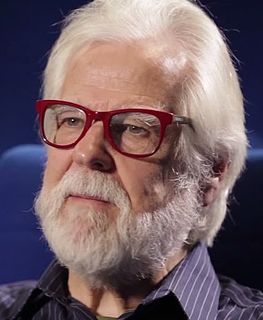A Quote by Ibrahim Babangida
The reason is that till date, in spite of advances in information technology and strategies of information, the written word in the form of books still remains one of humanity's most enduring legacies.
Related Quotes
I don't think we should have less information in the world. The information age has yielded great advances in medicine, agriculture, transportation and many other fields. But the problem is twofold. One, we are assaulted with more information than any one of us can handle. Two, beyond the overload, too much information often leads to bad decisions.
It isn't that information is exploding, but accessibility is. There's just about as much information this year as there was last year; it's been growing at a steady rate. It's just that now it's so much more accessible because of information technology. The consensus is that a Web crawler could get to a terabyte of publicly accesible HTML. A terabyte is about a million books. the UC Berkeley library has about 8 million books, and the Library of Congress has 20 million books.
Young people - with their dynamism, their energy and their inherent understanding of our interconnected world - have much to teach us. Increased educational attainment, advances in technology and the spread of information have made this generation the best educated, most connected and most informed in history
The body itself is an information processor. Memory resides not just in brains but in every cell. No wonder genetics bloomed along with information theory. DNA is the quintessential information molecule, the most advanced message processor at the cellular level - an alphabet and a code, 6 billion bits to form a human being.
Information is now a commodity that can be bought and sold, or used as a form of entertainment, or worn like a garment to enhance one's status. It comes indiscriminately, directed at no one in particular, disconnected from usefulness; we are glutted with information, drowning in information, have no control over it, don't know what to do with it.










































